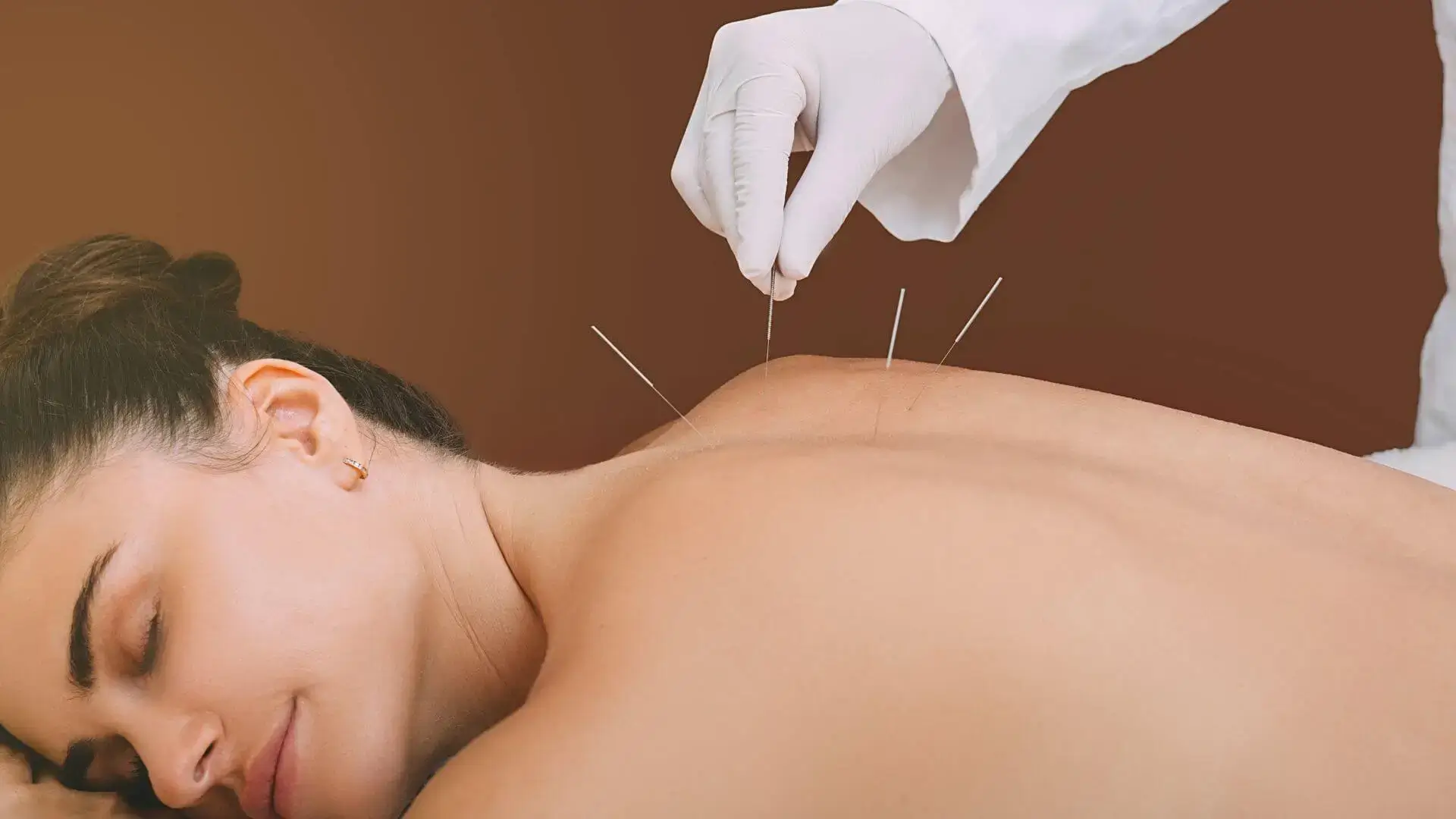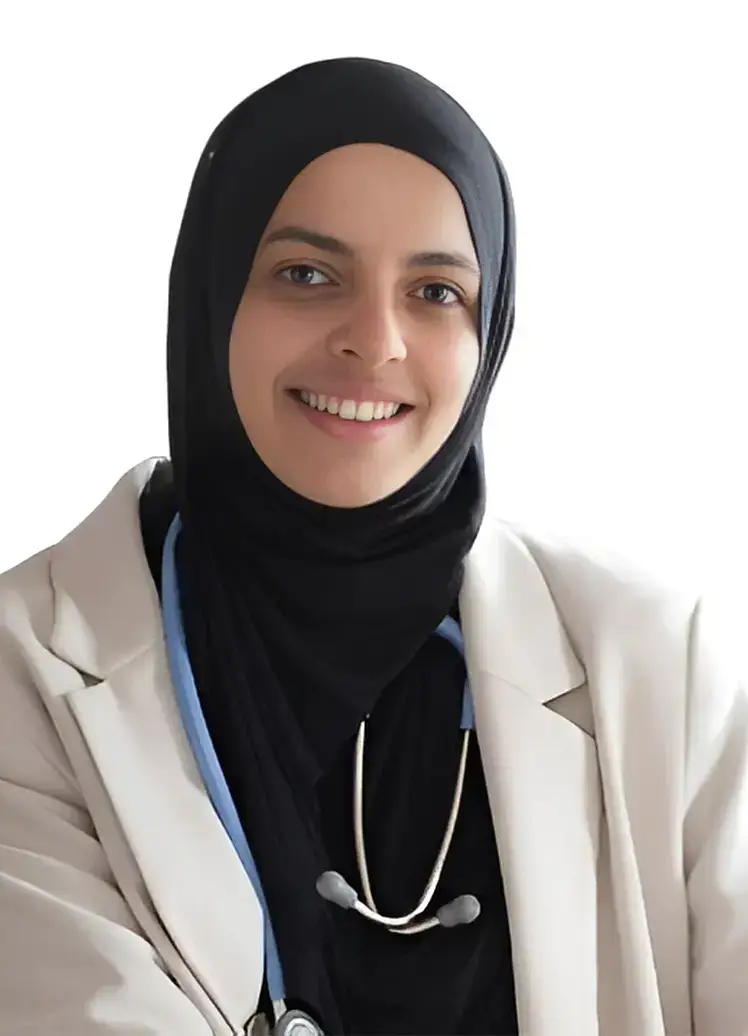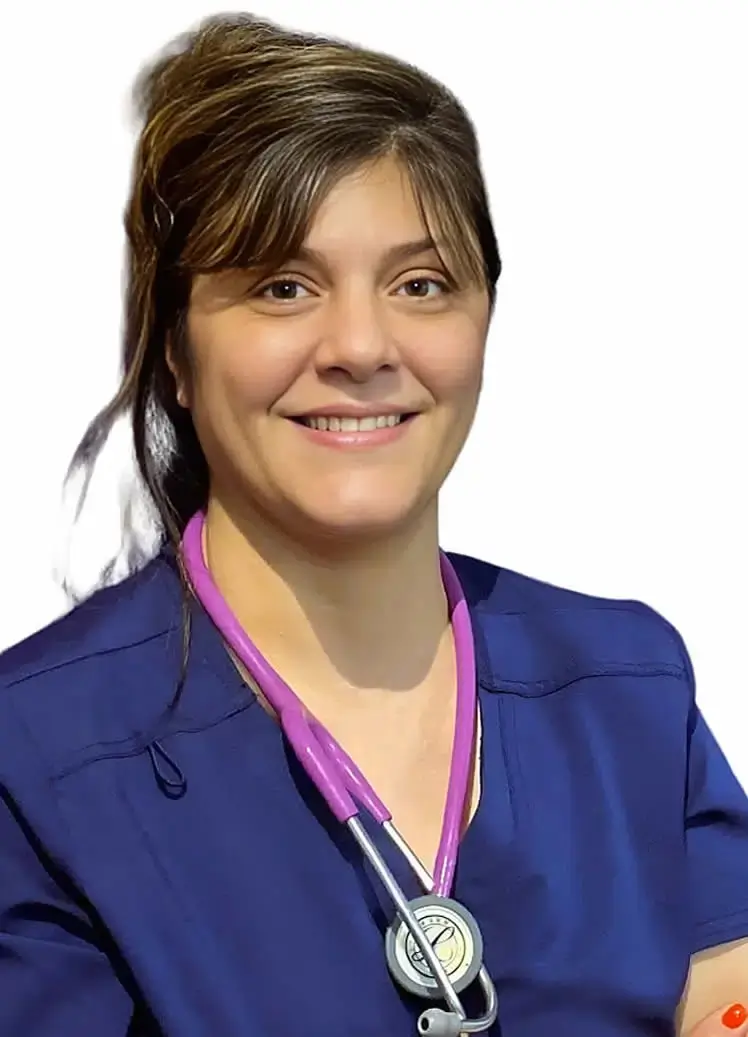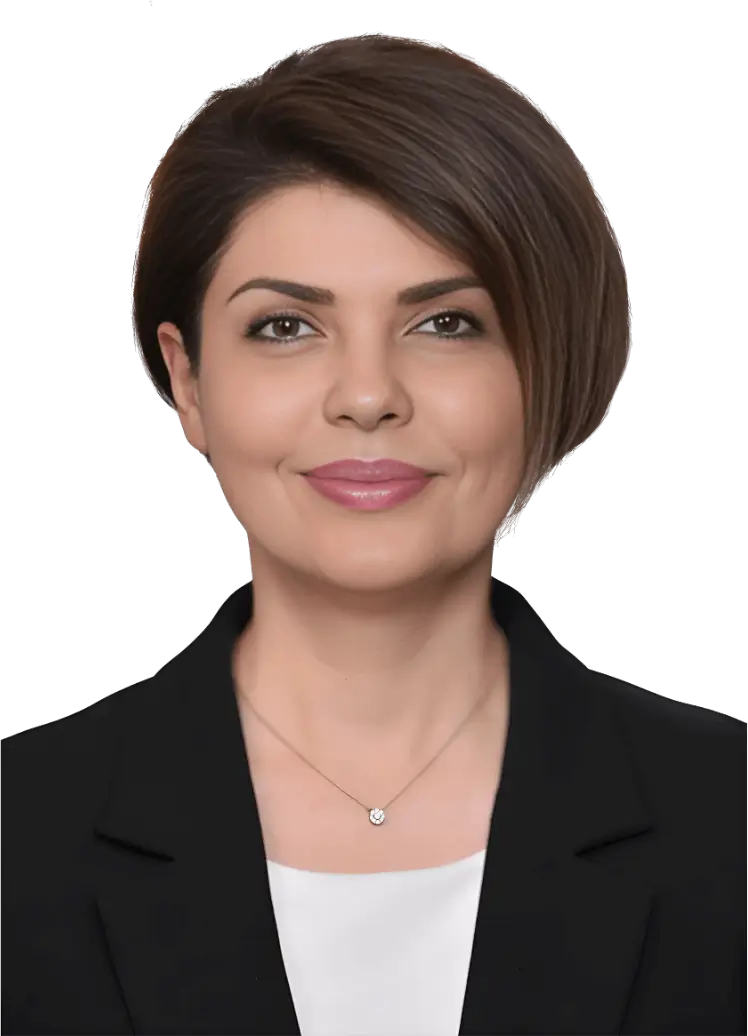Neurological Conditions, Mississauga
Neurological conditions affect the brain, spinal cord, and peripheral nerves, often causing symptoms like pain, numbness, tingling, weakness, or impaired coordination. Our registered naturopath offer a natural and supportive approach to help improve nerve function, reduce inflammation, and restore balance using Acupuncture principles.
Conditions
- Peripheral neuropathy (diabetic, idiopathic, or post-viral)
- Post-stroke recovery and rehabilitation
- Multiple sclerosis (MS) symptom support
- Bell’s palsy and facial nerve dysfunction
- Trigeminal neuralgia
- Chronic migraines and tension headaches
- Parkinson’s symptom management
- Neck pain, tingling, or nerve compression syndromes
How Acupuncture Helps
Acupuncture stimulates the body’s nervous, circulatory, and immune systems to improve communication between brain and body. For neurological conditions, we focus on regulating nerve signals, reducing inflammation, improving circulation to affected areas, and calming the central nervous system. Care are customized to your condition, history, and symptoms.
Benefits of Acupuncture for Neurological Issues:
- Reduces nerve pain and numbness
- Improves blood flow to injured or damaged nerves
- Enhances motor control and coordination
- Supports muscle strength and flexibility
- Calms anxiety and stress linked to chronic conditions
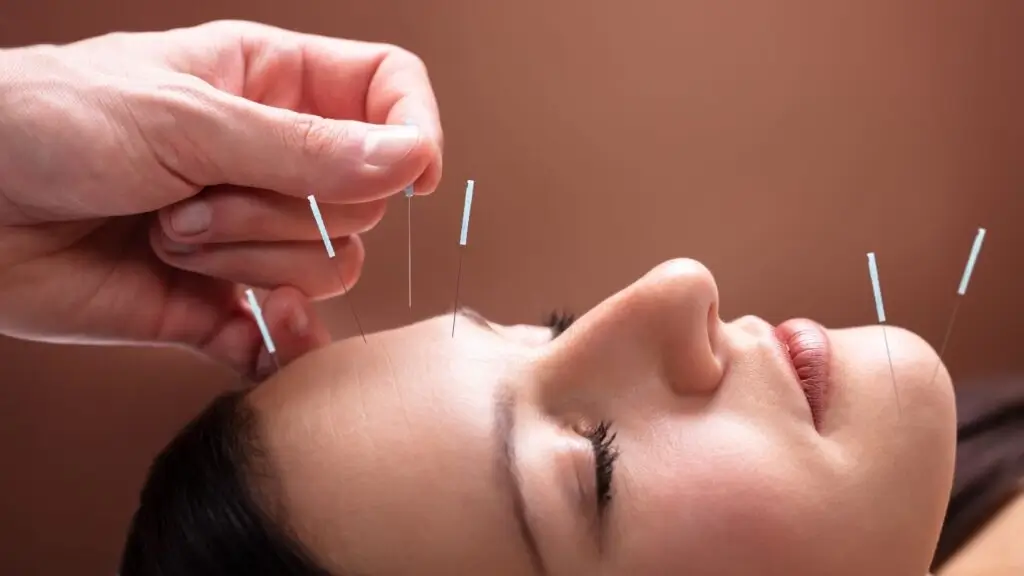
Our Acupuncture Approach
Naturopathic Doctor integrate naturopathic medicine with modern biomedical understanding to address the underlying causes of neurological dysfunction. Our approach focuses on identifying and supporting systemic imbalances that contribute to your condition. Acupuncture, as part of naturopathic medicine, may involve stimulating points connected to the liver, kidney, heart, or brain function, depending on your individual presentation. This comprehensive approach is designed to restore balance and support your overall health and well-being.
Techniques May Include:
- Electro-acupuncture for nerve stimulation
- Motor point therapy to improve muscle control
- Scalp acupuncture for central nervous system access
- Body acupuncture to relieve associated pain or stiffness
- Moxibustion or cupping for circulation and warmth
Complementary Care Options
To enhance results, many patients also work with our naturopaths, osteopaths, and massage therapists. Together, we develop integrative recovery programs that support neurological regeneration, energy, and emotional well-being.
Support May Include:
- Anti-inflammatory nutrition and supplements
- Physical rehabilitation and joint mobility care
- Mind-body stress regulation and sleep support
- Herbal medicine for circulation and nerve repair
What to Expect
Your first visit includes a detailed intake, physical assessment, and pulse/tongue evaluation according to TCM principles. Care are gentle and personalized. Many patients notice gradual improvement over several sessions, especially with consistent care and follow-up.
Initial Visit Includes:
- Complete neurological and energetic assessment
- Goal-setting and care plan development
- Customized acupuncture session
- Optional electro-stimulation or bodywork
- Home strategies to support healing

Headaches
Headaches are a widespread health concern that impact millions of people daily. They can stem from various causes—such as stress, poor posture, hormonal changes, or underlying medical conditions—and manifest in many forms, from dull tension headaches to severe migraines. Depending on the individual, headache symptoms can vary widely and may last from a few hours to several days. While some headaches are acute and short-term, others become chronic and recurring, significantly interfering with daily life.
Many patients report not only a reduction in the frequency and intensity of their headaches, but also an improvement in overall well-being. Acupuncture has been shown to help relieve accompanying symptoms such as anxiety, fatigue, depression, and insomnia—making it a holistic option that addresses more than just the pain. Safe, drug-free, and personalized, acupuncture is an excellent choice for those seeking lasting relief from both occasional and chronic headaches.
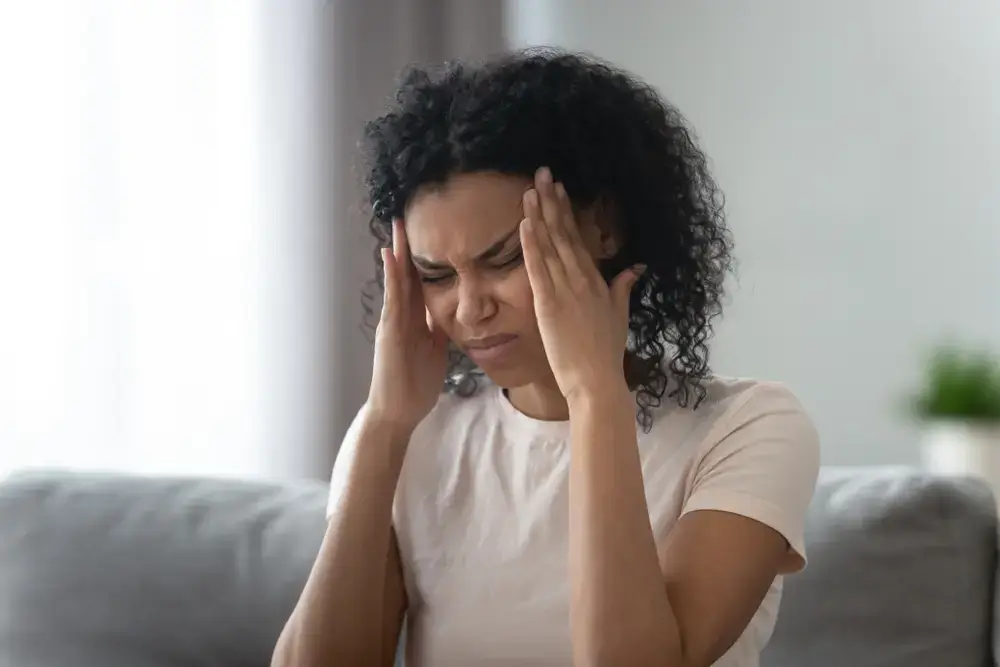
Migraines
Migraines are a complex neurological condition characterized by intense, throbbing head pain often accompanied by symptoms such as nausea, visual disturbances (auras), and sensitivity to light or sound. In addition to physical discomfort, migraines can take a toll on mental well-being, frequently contributing to issues like anxiety and depression. While women are statistically more likely to experience migraines, they can affect individuals of any gender and age. The frequency and severity of migraines vary widely—some people endure them occasionally, while others struggle with them on a near-daily basis.
Acupuncture therapy offers a holistic and natural solution for managing migraines. Acupuncture has been practiced for over 2,000 years to support pain relief and promote balance within the body. This involves the insertion of fine, sterile needles into targeted points that correspond with the body’s energy pathways, or meridians, to restore healthy energy flow and reduce inflammation.
Acupuncture for migraines may also include techniques such as electrical stimulation, trigger point release, and guided breathing practices. Many patients find that this approach not only alleviates headache intensity and frequency but also supports emotional regulation, improves sleep quality, and enhances their overall quality of life. With its drug-free, non-invasive nature, acupuncture is a powerful tool in the long-term management of migraines.
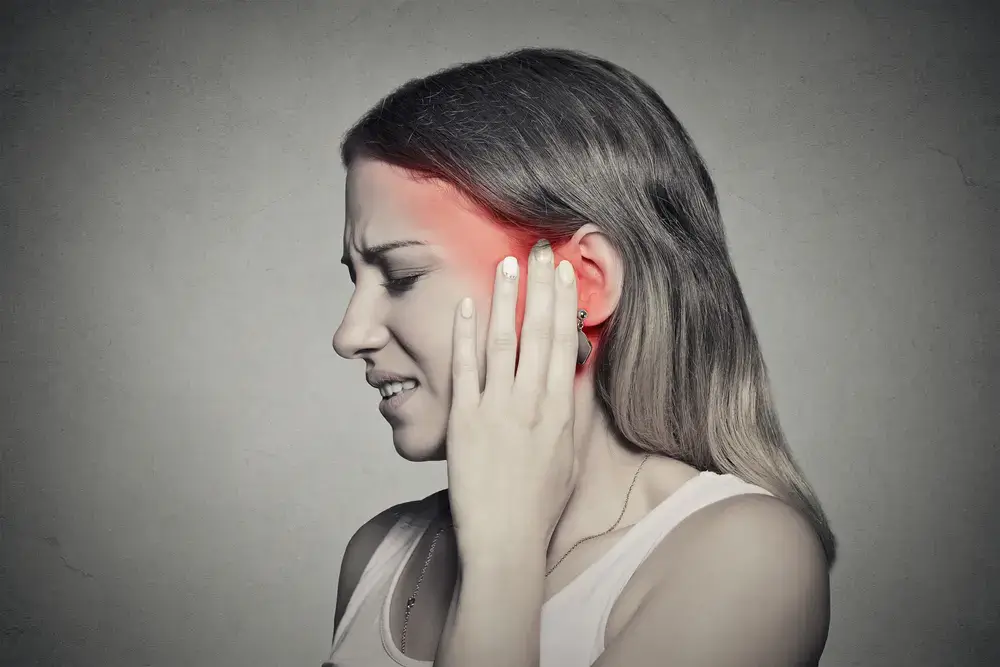
Neuralgias
Neuralgias are characterized by intense, sharp, or shooting pains that typically affect the head and neck areas. These sudden pain episodes can last from a few seconds to several minutes and usually occur on one side of the face or body. Neuralgias can arise from various causes, including nerve injuries, disc disease, infections, or tumors. There are several types of neuralgias, each requiring specific care approaches.
Acupuncture therapy is frequently used to manage neuralgias, including conditions like trigeminal neuralgia. This ancient healing technique involves inserting very fine needles into precise points on the body to alleviate pain and reduce stress. By stimulating these acupuncture points, practitioners help promote the body’s natural healing processes and effectively decrease pain.
Studies and clinical experience suggest that acupuncture provides relief for over 90% of patients suffering from neuralgias, with the added benefit of having virtually no side effects. This makes acupuncture a safe, effective, and non-invasive care option for those seeking alternative pain management strategies.
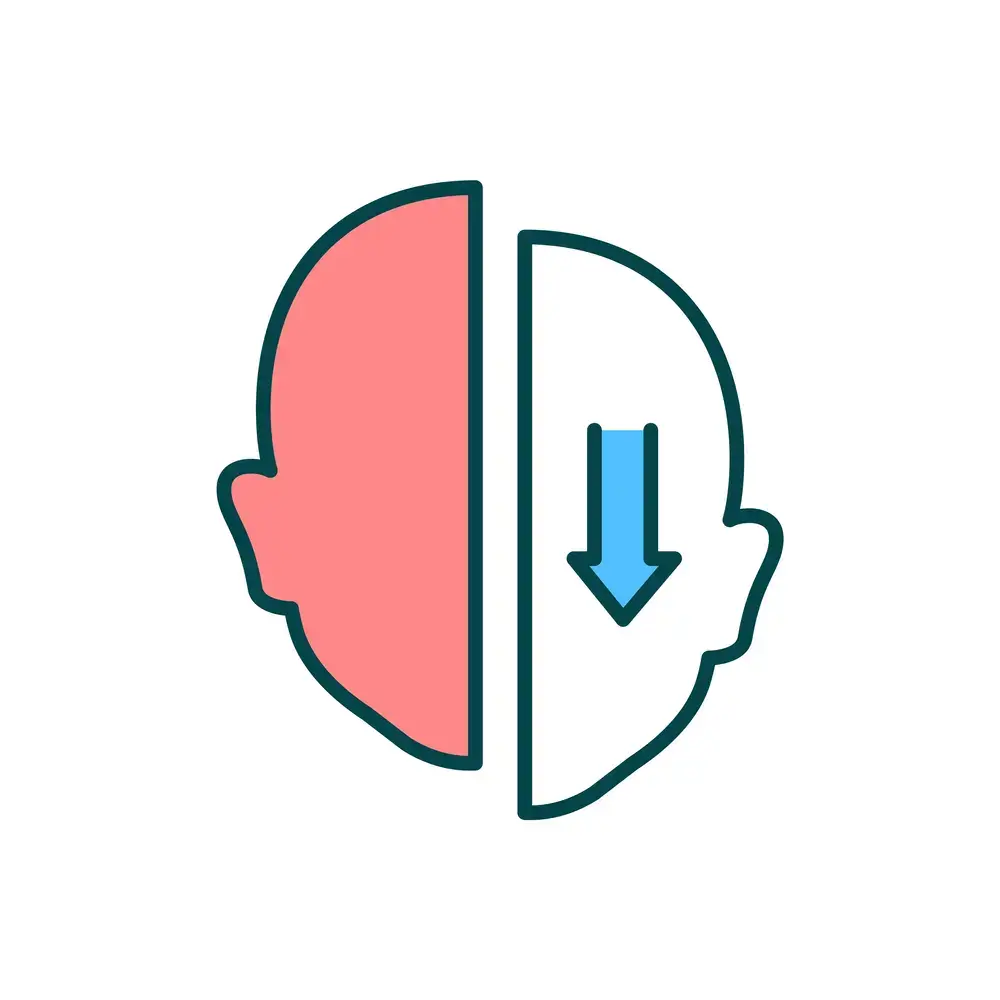
Forms of Paralysis
Paralysis is a medical condition characterized by the loss of all or part of the ability to move the limbs, torso, or head. Paralysis can vary widely—some cases are temporary and may resolve within a week, while others can be permanent and profoundly impact a person’s life.
Acupuncture, a care method used for centuries, has recently gained global recognition for its effectiveness in managing various health conditions, including paralysis. It is especially beneficial for individuals experiencing paralysis due to neurological disorders. By inserting fine needles at specific points on the body, acupuncture stimulates the nerves, helping patients regain muscle control. This process also alleviates muscle spasms and pain related to nerve damage, while enhancing overall blood circulation throughout the body.
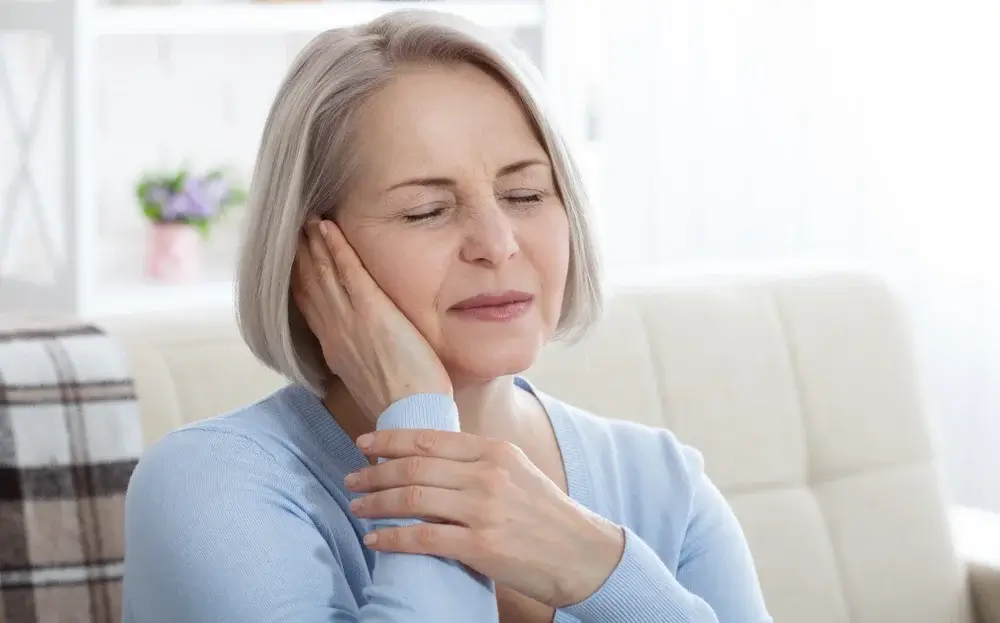
Tinnitus
Tinnitus is a condition where a person hears abnormal sounds despite the absence of external noise. These symptoms are classified into two types: objective and subjective tinnitus. Objective tinnitus produces sounds such as hissing, whistling, or roaring that can be heard by others nearby. Subjective tinnitus, on the other hand, involves sounds like buzzing, clicking, or tapping that only the affected individual can hear.
Acupuncture offers a non-invasive, drug-free care option for those suffering from tinnitus. While traditional care often involve medications or surgery—both of which can be costly and carry risks—acupuncture provides a safe and natural alternative. By inserting thin needles at specific points, acupuncture helps restore balance and harmony within the body, effectively reducing the symptoms of tinnitus and improving overall well-being.
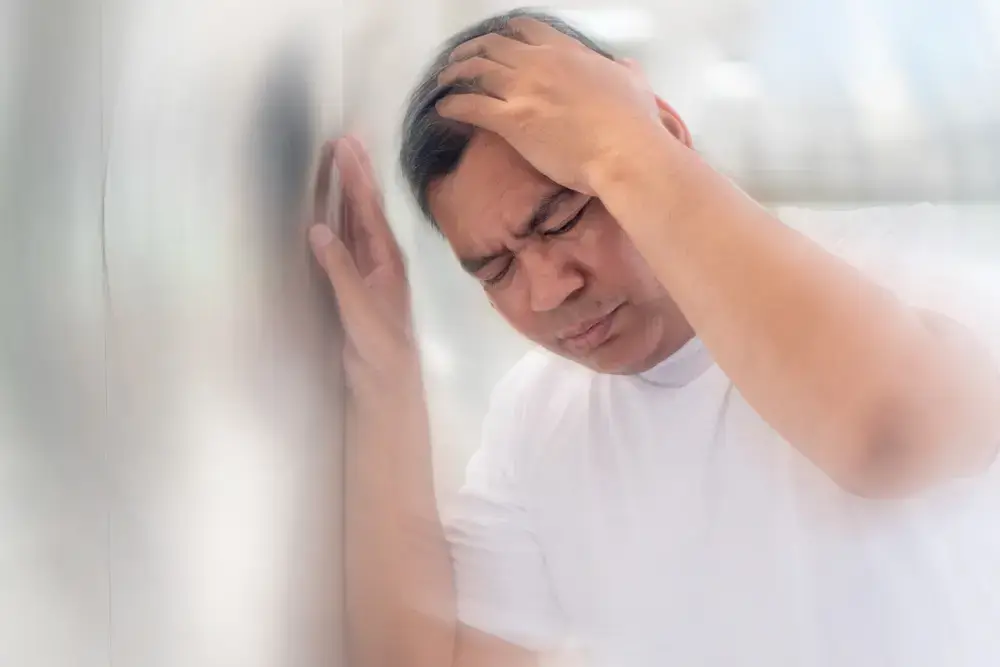
Vertigo
Vertigo is a symptom characterized by a spinning sensation, making you feel as if your body or the surrounding environment is moving in circles. This sensation can be intermittent or continuous and typically lasts from a few seconds to longer periods. Along with vertigo, sufferers may experience nausea, vomiting, dizziness, sensitivity to light and sound, ringing in the ears, and a rapid heartbeat.
Acupuncture offers several advantages as a care for vertigo. It is a non-invasive therapy, meaning no surgery or medication is required. Care courses are relatively brief, often consisting of about 10 sessions. Additionally, acupuncture is affordable and has been demonstrated to be a safe and effective method for relieving vertigo symptoms, helping many regain their balance and quality of life.
FAQs – Neurological Acupuncture
Can acupuncture restore damaged nerves?
While acupuncture may not regenerate fully damaged nerves, it can improve circulation, reduce inflammation, and support healing for partially affected tissues.
Is acupuncture safe for neurological conditions?
Yes. Our registered practitioners use gentle, evidence-informed techniques to ensure safety and effectiveness for all patients.
How many sessions are recommended?
Depending on the condition, we typically recommend 6–12 sessions, with reassessment after every few visits to track progress.
Does it hurt?
Acupuncture needles are extremely thin and most patients find care relaxing and virtually painless.
Mississauga Naturopath Osteopath Clinic Acupuncture Services
Acupuncture is used for a range of concerns, including:
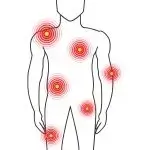
Musculoskeletal Pain
Address musculoskeletal pain by reducing inflammation, improving circulation, and relieving muscle tension. Whether you're dealing with back pain, joint stiffness, or repetitive strain injuries, our acupuncture therapy offers a natural, drug-free path to pain relief and mobility restoration.
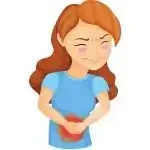
Obstetrics, Gynecological Conditions
Women's reproductive health through personalized naturopathic care for obstetric and gynecological conditions. From menstrual irregularities and hormonal imbalances to fertility, pregnancy, and menopause, our holistic approach helps restore balance, reduce symptoms, and enhance overall wellness at every stage of a woman’s life.
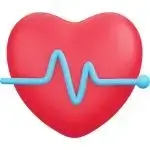
Cardiovascular Disorder
Integrative support for cardiovascular disorders such as hypertension, high cholesterol, and arteriosclerosis. Using evidence-based naturopathic therapies, we help manage heart health by addressing lifestyle, nutrition, inflammation, and stress—promoting better circulation and long-term cardiovascular wellness.
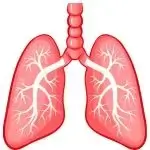
Respiratory Conditions
Respiratory conditions such as asthma, allergies, sinusitis, and chronic bronchitis. Acupuncture helps open airways, reduce inflammation, and regulate immune responses—providing natural, drug-free relief for easier breathing and long-term respiratory health.
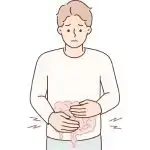
Digestive Disorders
Digestive issues such as bloating, IBS, acid reflux, constipation, and nausea. By targeting key meridian points, acupuncture can improve gut motility, reduce inflammation, and restore balance within the digestive system—supporting better digestion and overall gut health.
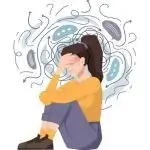
Psychological Conditions
Psychological conditions such as anxiety, depression, insomnia, and stress. Through gentle stimulation of specific points, acupuncture helps regulate the nervous system, calm the mind, and promote emotional balance—offering a natural, holistic approach to mental health care.
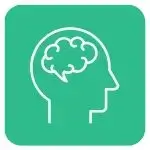
Neurological Conditions
Neurological conditions such as migraines, sciatica, neuropathy, and trigeminal neuralgia. By stimulating targeted acupuncture points, we help reduce nerve pain, improve circulation, and promote neural function—offering a non-invasive, drug-free option to support neurological health.

Pregnancy Care
Support women through all stages of pregnancy—from relieving morning sickness and fatigue in the first trimester to reducing back pain, anxiety, and swelling in later stages. This gentle, drug-free therapy helps balance hormones, ease discomfort, and promote a healthier pregnancy experience.
If you liked this content and found it to be informative

